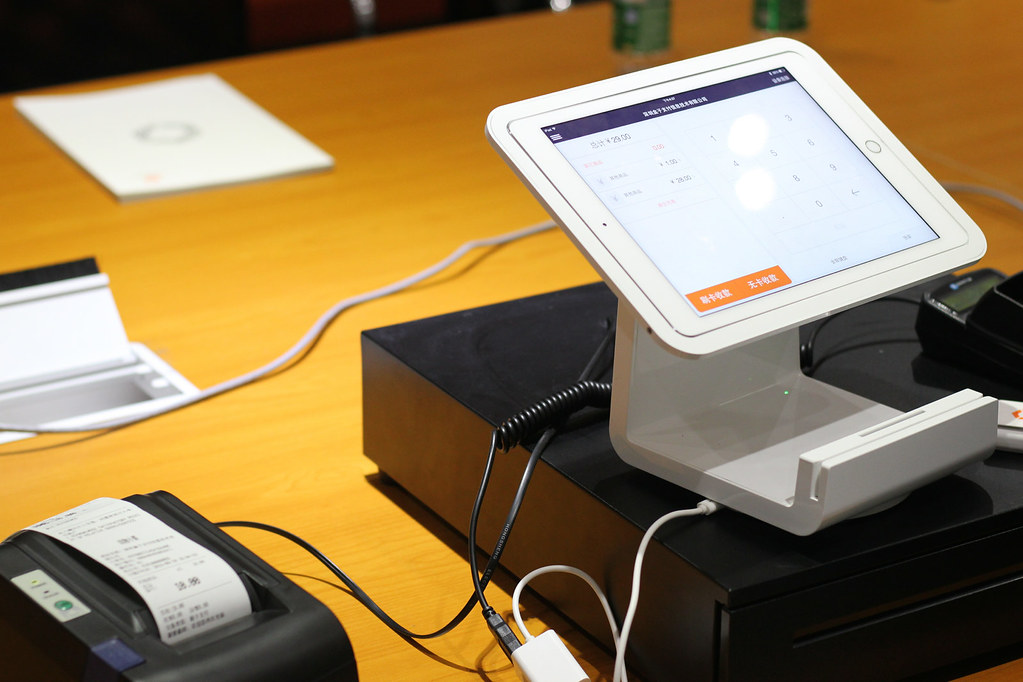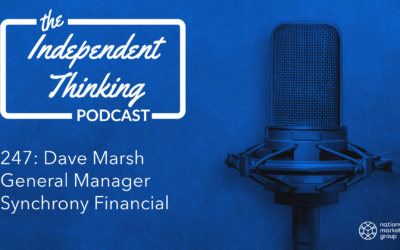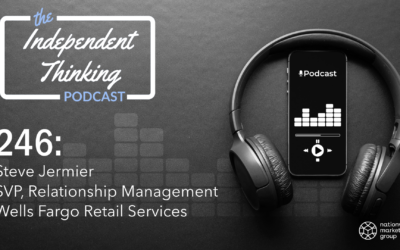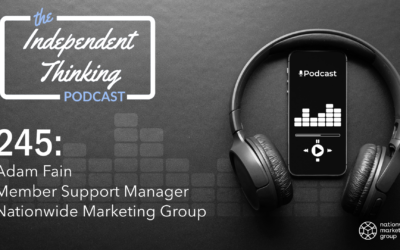In today’s world, we think that, to be a successful retailer, you must be advertising on the web, creating consistent marketing strategies to drive customers into your store. While this is true, the single most important thing too many retailers overlook is how to manage their inventory coming in and going out.
When it comes to inventory, organization and consistency are key. This is important not only for deliveries, but for every sale made, every shipment received, every damaged item discovered, and every promotional giveaway sponsored. Think about a system that automatically records all of these events in real time and saves them to a database that you can access remotely. More importantly, imagine being able to organize that data for detailed analysis, allowing you to see exactly what’s driving revenue – not just the most popular and unpopular products but also how and when they’re being sold.
A proper point of sale (POS) system can help you do just that.
Used properly, a POS system can turn a struggling retailer’s business around in no time and help a more successful retailer thrive. With the advent of PA’s, IR’s and trailing credits, every retailer struggles to manage true cost and true margin. Add to that stocking issues, like inventories that fail to match due to receiving and shipping errors, and a retailer’s profit is slipping through their hands daily. While traditional accounting software can manage a simple profit and loss, the industry that we are in has changed so much that all dealers need to look at a POS solution to make sure the all-important details are being managed properly.
Which brings up the question, “How do I choose the right POS provider?”
A POS provider can be selected for a multitude of reasons. One of the most common considerations is whether or not the POS system comes with its own accounting system. Having a POS come with a built-in accounting package means that the retailer does have to use an accounting system like QuickBooks in addition to the POS system, which can save a lot of valuable time.
With an integrated accounting system, retailers can easily and securely manage their company’s financials with real-time integration into the retail processes. In addition, inventory, purchasing and payables can be cross-referenced to eliminate error, while time-stamped audit trails help maintain the security of the business’s finances.
As is the case with many computer-based systems, POS systems come with numerous packages and applications that serve the needs of the user, and an integrated accounting system is one of them. Once you have the basic hardware, you can pick and choose other tools and services that benefit your own business requirements. The software can then be kept updated to really allow you to move with the times and take your business to the next level.
But what if I like QuickBooks, you ask.
Good news! You can now quickly and easily connect your QuickBooks account to a POS system. This opens the doors to a wide array of information and tools that will give you back both time and money in your business. QuickBooks is a fantastic accounting tool, but it can struggle with managing things specific to our industry, and that’s where a POS shines.
Scared to learn a new system?
It’s understandable. Many retailers have similar concerns about transitioning from their current accounting system to a POS system. But as technology continues to evolve, so, too, does the way we conduct our business. And a proper POS system is the lifeblood of every successful retailer because it helps lower the cost of doing business while increasing productivity, thus improving your bottom line.
Simply put, a dedicated POS system will manage your business and report all of its activities in a much more comprehensive and insightful manner than traditional accounting software alone. In fact, in one recent study, the average retailer was able to demonstrate a $30,000 savings in time management and profitability increases by automating his processes, from order creation to managing his deliveries and customer service. This is just one example of the possibilities that POS offers your business!
This article was first published in the January 2020 issue of The Retail Observer.




